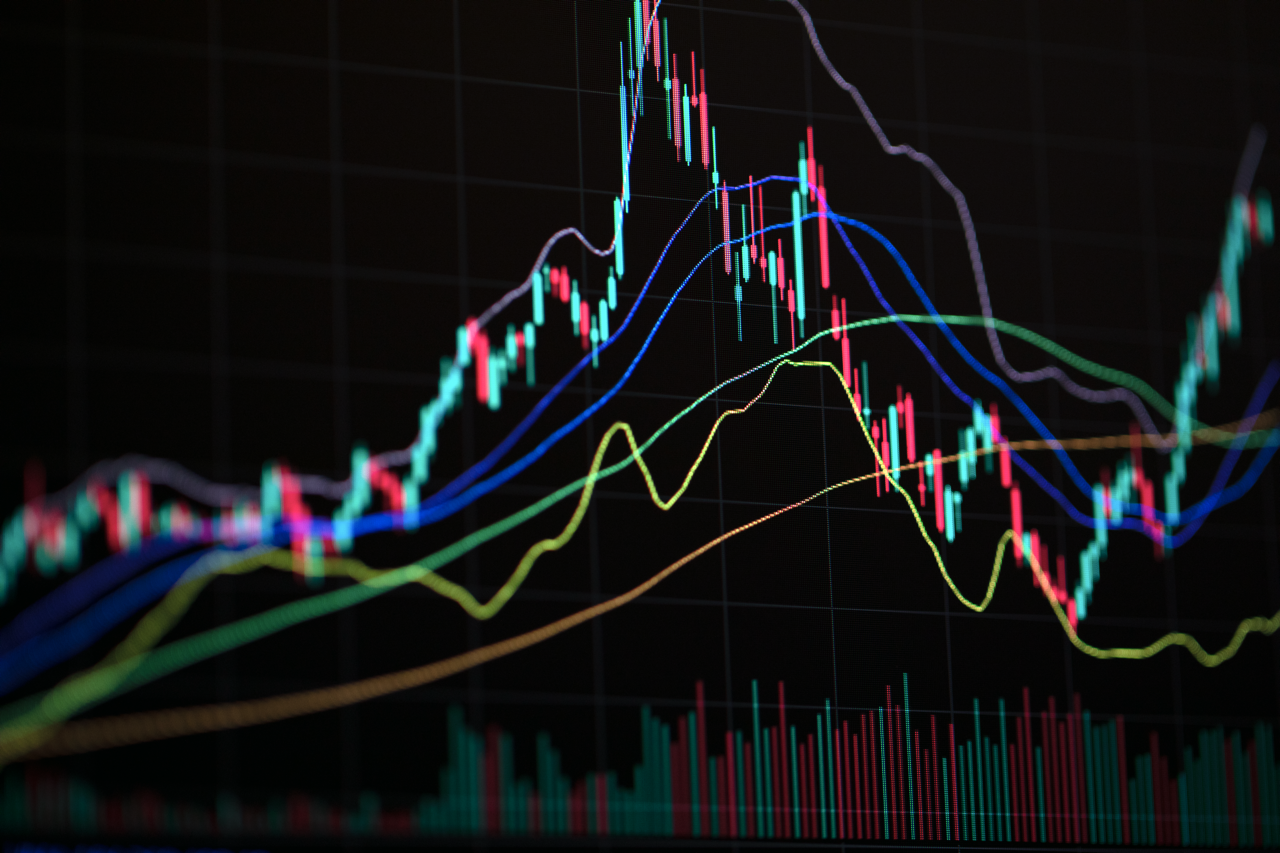21st Century Silk Roads
In September, the European Commission released details of a new connectivity strategy in which it would invest in a transcontinental network of infrastructure in order to strengthen trade links between Europe and Asia. Investment will be driven by a rules-based model that will adhere to high standards of transparency and encourage environmental protection, an approach promoted as “The European Way” in contrast to the Chinese Belt and Road Initiative (BRI), which has recently come under some scrutiny.
The BRI, an initiative in its fifth year of existence, is geared towards greater investment, trade and financial integration between Asia, Europe and Africa through jointly built trade routes emulating the ancient Silk Road. The approach is supported by research conducted in collaboration with the World Economic Forum, which concluded that a rail connection between trading partners has the largest impact on improving trade.
To illustrate the progress made in that regard, the number of trips made by China-Europe freight trains has increased from a dozen to over 5,000 in the last five years. In that time, China has signed intergovernmental agreements with over 100 countries and international organisations along the Belt and Road and has invested in the construction and operation of over 40 overseas ports.
It is no surprise the European Commission now wants to impose itself eastward; there is concern that the 16+1 Initiative - an extension of the BRI which convenes an annual summit between China and the sixteen Central and Eastern European countries - could be an effort by Beijing to exert greater political influence and deepen a European East-West divide.
While the BRI is, in essence, a trade related programme, there is rising concern that it is laying the foundation for a string of overseas military bases. It is alleged that China now has a military base in Djibouti, which it formally calls a logistics facility, and is planning a further base in Gwadar, Pakistan. China and Pakistan insist the port is to be solely a commercial venture.
Military concerns aside, there remains an issue of predatory lending practices. The most prominent example is that of the port of Hambantota, Sri Lanka. Despite feasibility studies falling short, refusal by frequent lenders and ballooning debt, funding terms for the ambitious project were agreed. In December 2017, after struggling to service the debt, the port and 15,000 acres of land surrounding it were handed over to China on a 99-year lease.
Partner nations are becoming concerned about the possibility of falling into debt traps like this, eroding their own sovereignty and succumbing to a neo-colonial power. Pakistan recently halted investment in the proposed “economic corridor” because it unfairly benefitted Chinese companies. Malaysia has also announced the cancellation of two major BRI infrastructure projects, with a total value of $23 billion.
China’s footprint is not solely extending west; the Panama Canal, which grants freight access to Latin America, is the subject of a number of a number of concessions to Chinese interests. Almost half of Panamas canal zone’s activities are now under Chinese control. A barometer for Chinese influence is international relations with Taiwan: Beijing refuses to maintain diplomatic ties with countries that recognise the island nation. Panama, El Salvador and the Dominican Republic have all broken diplomatic ties with Taiwan in the last 18 months.
This is ever more prevalent at a time when US trade relations are isolating the world’s second largest economy. Contrary to their role in global infrastructure investment following the Second World War, the US is now edging towards a trade war that could damage their global influence. China, on the other hand, is laying the foundations to become the leading global economic power of the future.
Disclaimer: The views thoughts and opinions expressed within this article are those of the author, and not those of any company within the Capital International Group (CIG) and as such are neither given nor endorsed by CIG. Information in this article does not constitute investment advice or an offer or an invitation by or on behalf of any company within the Capital International Group of companies to buy or sell any product or security.
















